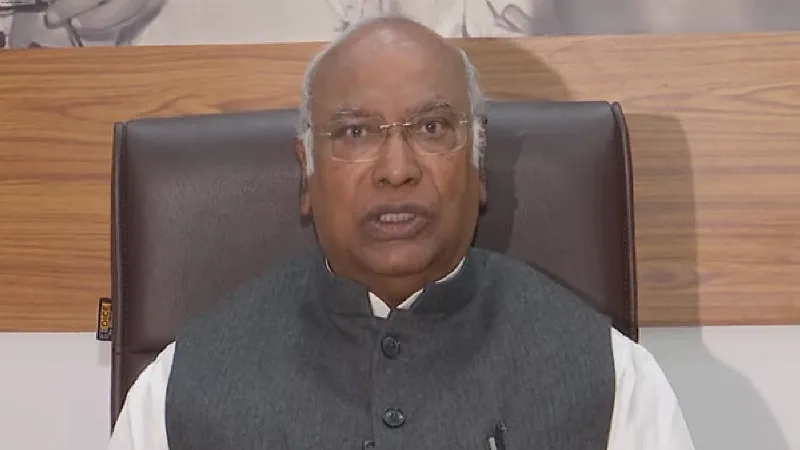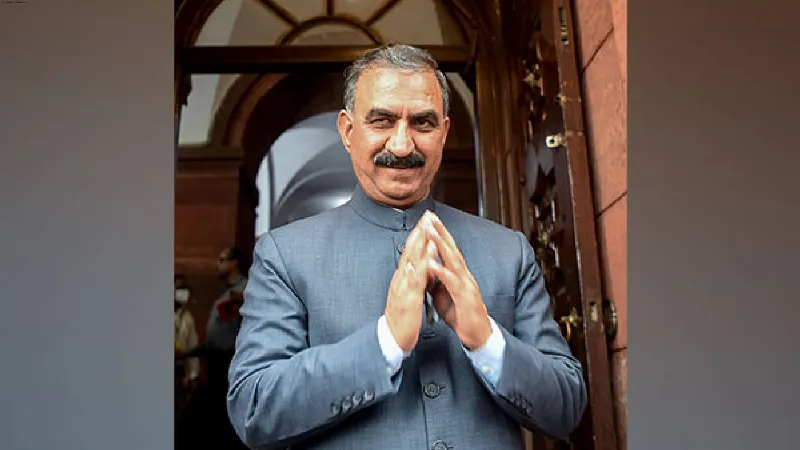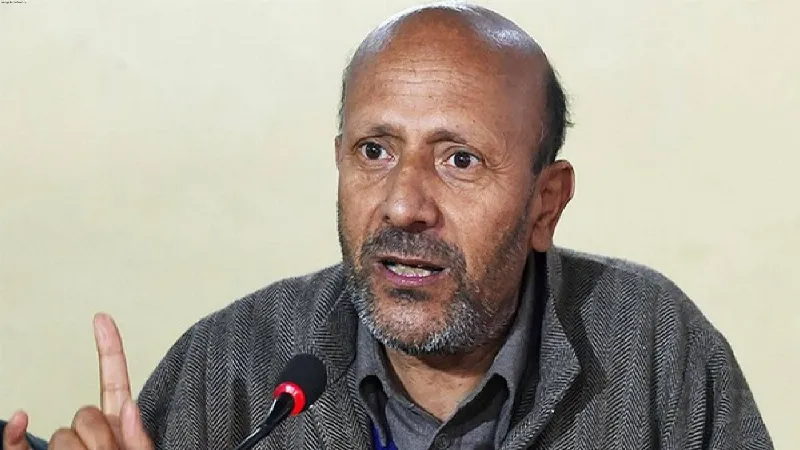New Delhi: In a major development, the Indian Space Research Organization (ISRO) announced that the ‘Vikram Lander’ has been set into sleep mode at around 08 AM (Indian Standard Time) on Monday morning.
ISRO said that the data collected by the payloads is received at the Earth and the Payloads are now switched off. It is expected by ISRO that Vikram Lander and Pragyaan will awake again on around September 22.
“Vikram Lander is set into sleep mode around 08:00 Hrs. IST today. Prior to that, in-situ experiments by ChaSTE, RAMBHA-LP and ILSA payloads are performed at the new location. The data collected is received at the Earth. Payloads are now switched off. Lander receivers are kept ON. Vikram will fall asleep next to Pragyan once the solar power is depleted and the battery is drained. Hoping for their awakening, around September 22, 2023," ISRO posted on X.
The Vikram lander was carrying the Chandra’s Surface Thermophysical Experiment (ChaSTE) to measure surface thermal properties, the Instrument for Lunar Seismic Activity (ILSA) to measure seismicity around the landing site, the Radio Anatomy of Moon Bound Hypersensitive ionosphere and Atmosphere (RAMBHA) to study the gas and plasma environment, and a passive laser retroreflector array provided by NASA for lunar ranging studies.
On August 23, India took a giant leap as the Chandrayaan-3 lander module successfully landed on the moon’s South Pole, making it the first country to have achieved the historic feat and bringing to an end the disappointment over the crash landing of the Chandrayaan-2, four years ago. Overall, India became the fourth country – after the US, China, and Russia – to have successfully landed on the moon’s surface.
After having landed, the Vikram Lander and the Pragyan rover performed different set tasks on the lunar surface, including finding the presence of sulphur and recording relative temperature. Upon landing, the lander and the rover were to operate for one lunar day. One day on the Moon is equal to 14 days on Earth. (ANI)














